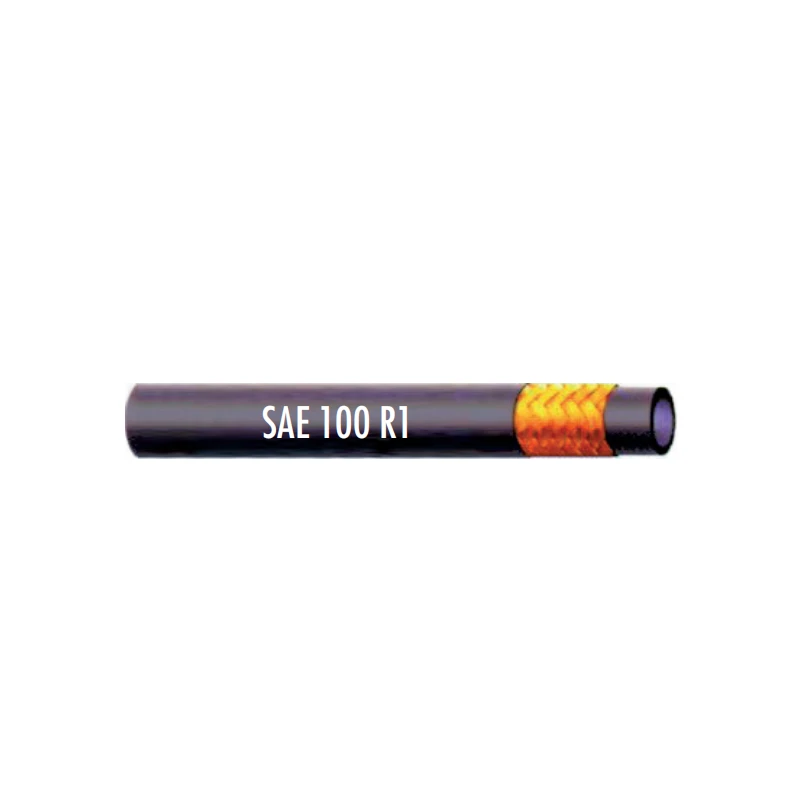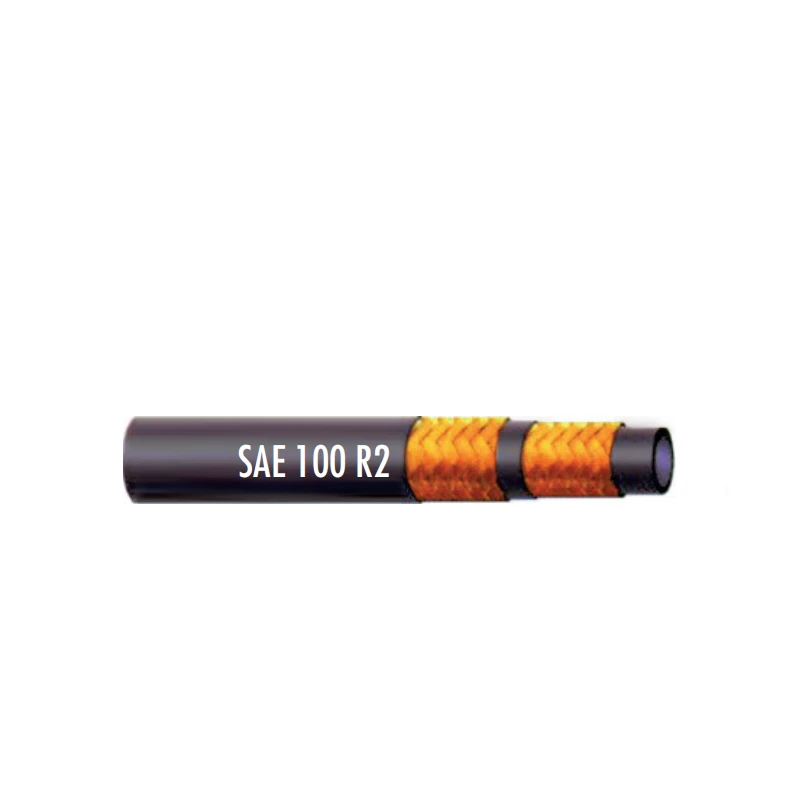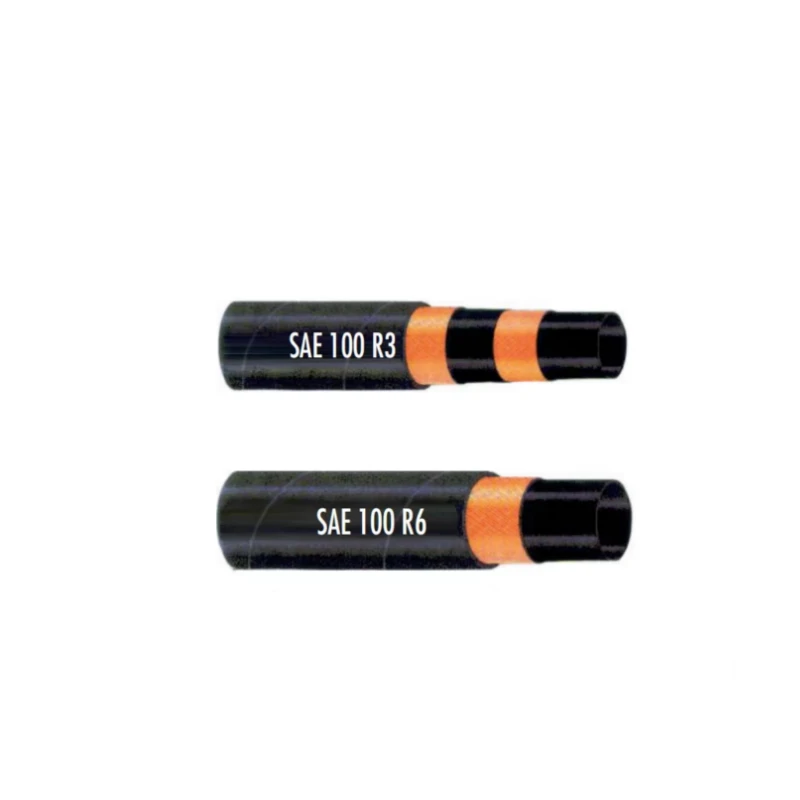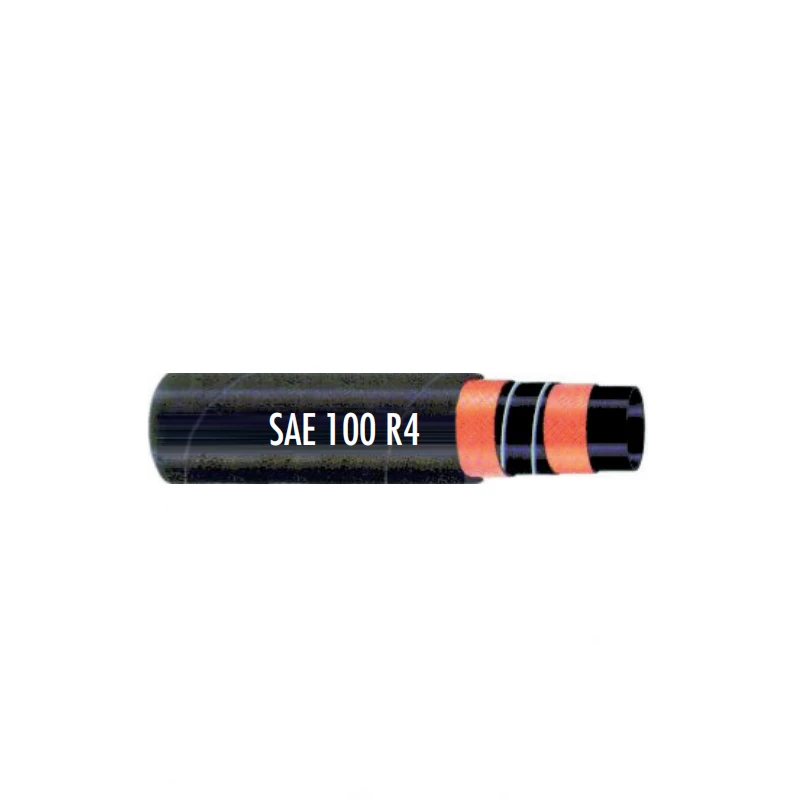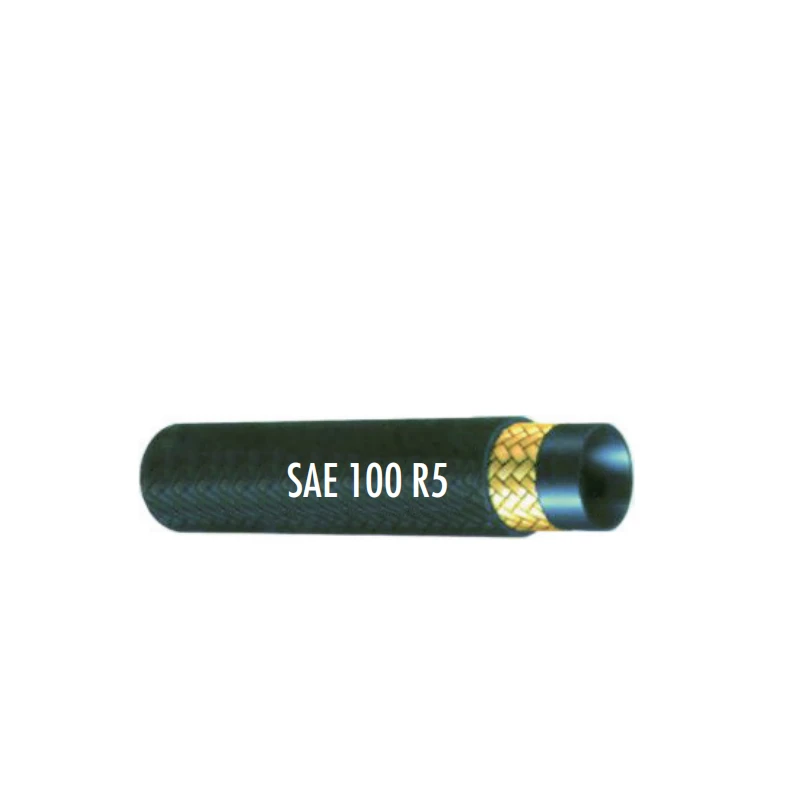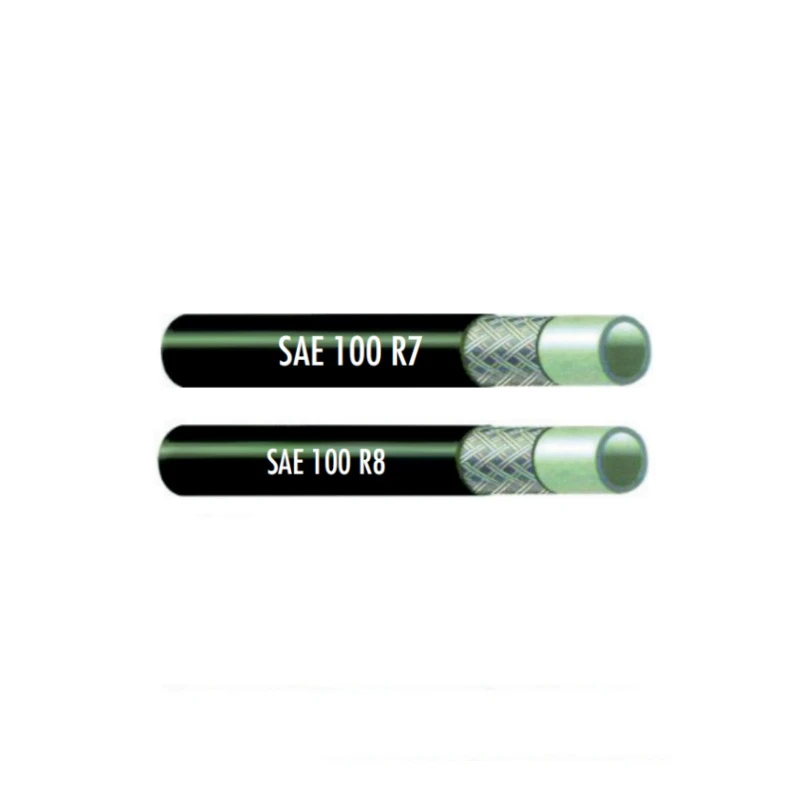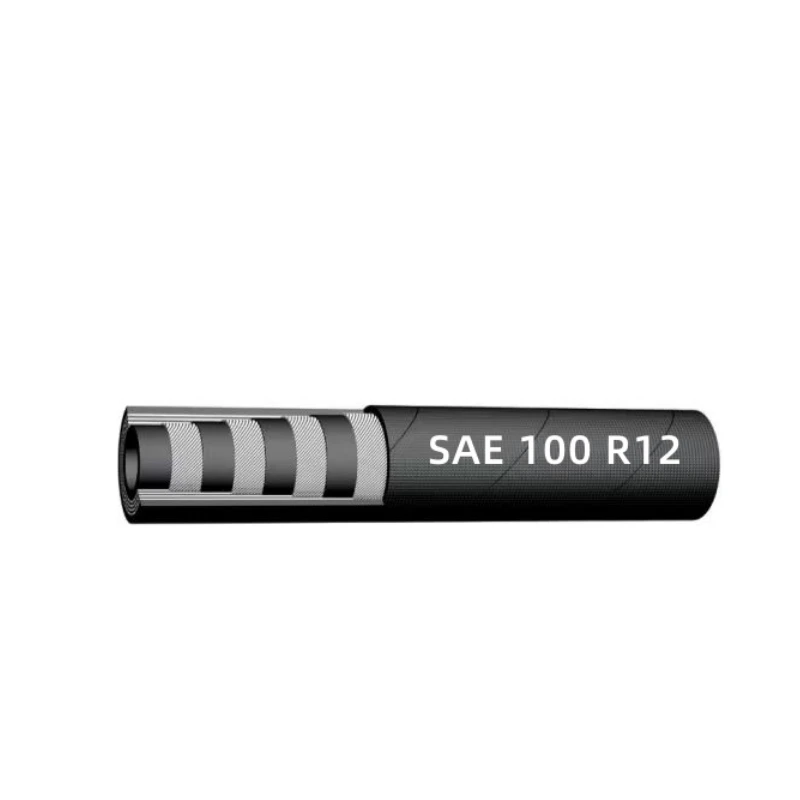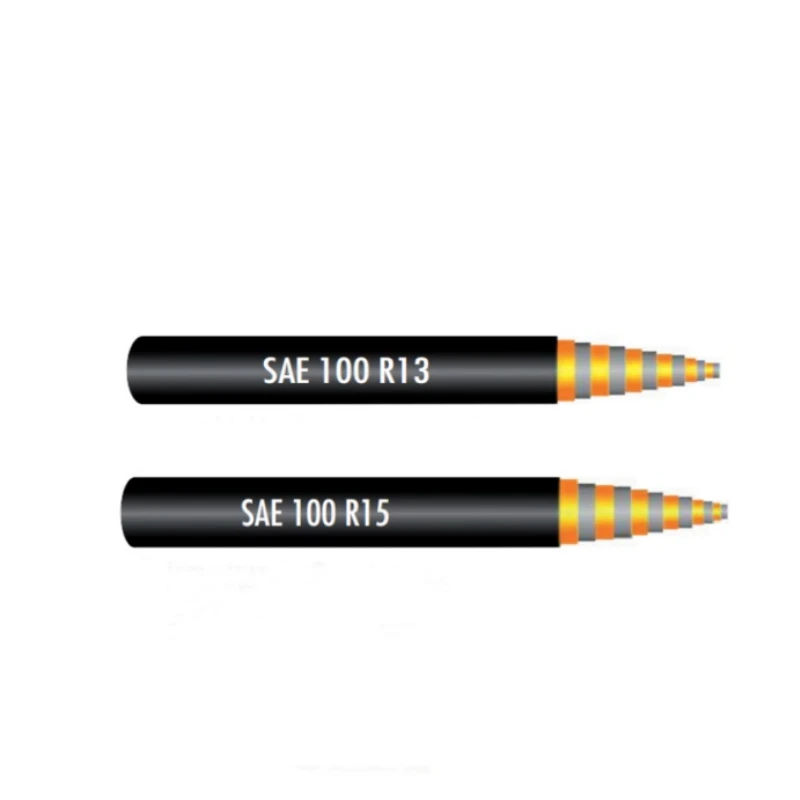
- Afrikaans
- Albanian
- Amharic
- Arabic
- Armenian
- Azerbaijani
- Basque
- Belarusian
- Bengali
- Bosnian
- Bulgarian
- Catalan
- Cebuano
- Corsican
- Croatian
- Czech
- Danish
- Dutch
- English
- Esperanto
- Estonian
- Finnish
- French
- Frisian
- Galician
- Georgian
- German
- Greek
- Gujarati
- haitian_creole
- hausa
- hawaiian
- Hebrew
- Hindi
- Miao
- Hungarian
- Icelandic
- igbo
- Indonesian
- irish
- Italian
- Japanese
- Javanese
- Kannada
- kazakh
- Khmer
- Rwandese
- Korean
- Kurdish
- Kyrgyz
- Lao
- Latin
- Latvian
- Lithuanian
- Luxembourgish
- Macedonian
- Malgashi
- Malay
- Malayalam
- Maltese
- Maori
- Marathi
- Mongolian
- Myanmar
- Nepali
- Norwegian
- Norwegian
- Occitan
- Pashto
- Persian
- Polish
- Portuguese
- Punjabi
- Romanian
- Russian
- Samoan
- scottish-gaelic
- Serbian
- Sesotho
- Shona
- Sindhi
- Sinhala
- Slovak
- Slovenian
- Somali
- Spanish
- Sundanese
- Swahili
- Swedish
- Tagalog
- Tajik
- Tamil
- Tatar
- Telugu
- Thai
- Turkish
- Turkmen
- Ukrainian
- Urdu
- Uighur
- Uzbek
- Vietnamese
- Welsh
- Bantu
- Yiddish
- Yoruba
- Zulu

Fév . 04, 2025 01:46 Back to list
high pressure hydraulic hose pipe
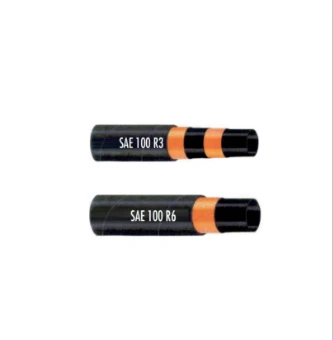
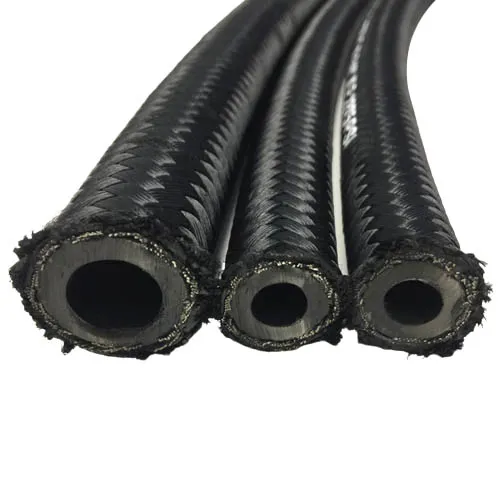
Building Trust through Compliance and Certification High pressure hydraulic hoses must adhere to stringent industry standards and certifications to guarantee safety and quality. Compliance with standards such as SAE, ISO, or DIN is often mandatory, as these standards dictate the materials, construction, and performance characteristics of the hoses. By selecting hoses that are certified and comply with these standards, businesses and technicians can ensure that their hydraulic systems meet necessary safety and operational benchmarks. Proven Benefits across Industry Applications The versatility of high pressure hydraulic hoses is evident across numerous applications, from heavy machinery in construction to precision equipment in manufacturing plants. In the agricultural sector, these hoses enhance equipment efficiency for tasks such as plowing and harvesting by providing seamless hydraulic power transmission. Construction machinery relies on high pressure hoses to operate reliably under arduous conditions, where the risk of hose failure can lead to significant project delays and increased costs. Future Trends and Innovations Innovations in materials science and engineering are paving the way for the next generation of hydraulic hoses, focusing on enhancing durability, flexibility, and eco-friendliness. Advances in nanotechnology and composite materials promise to deliver hoses with improved performance metrics, including higher pressure ratings and better resistance to environmental stressors. Additionally, smart hoses equipped with sensors are emerging, providing real-time data on the hose condition and predicting maintenance needs, thereby minimizing downtime. To conclude, high pressure hydraulic hose pipes are indispensable in modern industrial applications, providing the essential link for transmitting high-pressure fluids across machinery components. With the right combination of material selection, installation, regular maintenance, and adherence to industry standards, these hoses ensure operational efficiency and safety. As technological advancements continue to evolve, the future promises even more robust and intelligent hose systems, aligning with the increasing demands of industrial applications worldwide.
Latest News
Steel Wire Reinforced Hydraulic Hose SAE 100 R1 / EN853 1SN S
NewsOct.17,2024
Two Layers Steel Wire Reinforced Hydraulic Hose SAE 100 R2 / EN853 2SN
NewsSep.03,2024
Textile Braid Reinforced Hydraulic Hose SAE100 R3+R6
NewsSep.03,2024
Textile Reinforced Hydraulic oil Suction Hose with embedded Steel Wire SAE 100 R4
NewsSep.03,2024
Single Wire Braid and Textile Covered Hydraulic Hose SAE 100 R5
NewsSep.03,2024
High Pressure Thermoplastic Hydraulic Hose SAE 100 R7 / EN855 R7 - SAE 100 R8 / EN855 R8
NewsSep.03,2024
Heavy Duty Four-layer Steel Wire Spiral Reinforced Hydraulic Hose SAE100R9+R10+R12
NewsSep.03,2024
Heavy Duty Multi-layer Steel Wire Reinforced Hydraulic Hose SAE100R13 SAE100R15
NewsSep.03,2024
Latest Products
